War
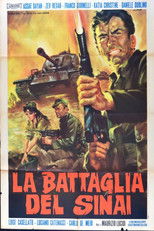
La battaglia del Sinai
February 6, 1969

Starting Point
February 2, 1969
Sang-hun, a painter, and Yeong-hun, a doctor, are brothers. Sang-hun's girlfriend left him for another man, and he draws her portrait everyday. Yeong-hun, the older of the two, makes a medical mistake, and his young patient dies. Because of the guilty conscience, he abandons the career as a doctor and devotes himself to writing a novel. However, the brothers have high self-esteem and finally overcome their weaknesses to make a fresh start.
Stopy na Sitne
January 30, 1969
Slovak partisans, bravely fighting against Nazi superiority, would never have succeeded to such an extent if they had not been supported by the villagers. Despite the threat of repression, it is the villagers who care for the wounded, hide them, and behave conscientiously. Although the film was made in the late 1960s, it fully adopts the patterns of partisan stories, perhaps the only thing it can be credited with is a more developed sense of authenticity in the story, characters, and setting.
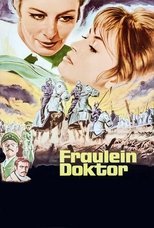
The Betrayal
January 24, 1969
A seductive and ruthless spy in the service of Germany steals state secrets- including the formula for poison gas-from England and France during World War I. British intelligence, in turn, tries to hunt her down.
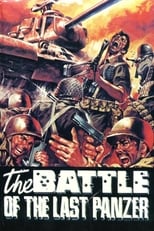
The Battle of the Last Panzer
January 23, 1969
The Allied D-Day invasion is a success, and German forces begin leave Normandy. After an ambush takes out a set of Panzer tanks led by German Lt. Hunter, he finds himself alone with his unit in what may be the last Panzer that's still operational. While traveling through the French countryside, Cooper meets Jeanette, a woman who offers to lead the troops back to Germany, but his feelings for her get in the way of his survival instincts.
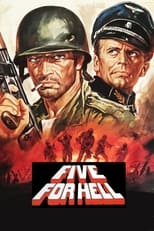
Five for Hell
January 18, 1969
Lt. Glenn Hoffmann is the the fun-loving leader of a bunch of oddball, acrobatic G.I.s whose mission is to steal the German's secret attack plans from a villa behind enemy lines, where they run into a brutal Nazi commander.

Hannibal Brooks
January 18, 1969
A POW in World War II is put to work in a Munich zoo, looking after an Asian elephant. The zoo is bombed by the Americans and the director of the zoo decides it is not safe for his Asian elephant Lucy to remain there. So he sends Brooks to safety with Lucy. They escape and go on the run in order to get to Switzerland.

Kierunek Berlin
January 17, 1969
Polish Army takes part in the Berlin Operation in the final weeks of World War 2.
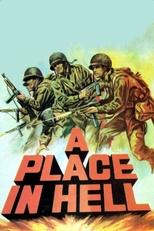
A Place In Hell
January 10, 1969
A drunken war correspondent, a prostitute and happy-go-lucky Italian GI barely escape a bombing of Manila, only to realize that the island they land on has been captured by the Japanese. They hook up with a band of Allied survivors and attempt to escape.

Stories of the Revolution
January 2, 1969
The film recounts in three parts by three different directors the Algerian people's struggle for independence after 130 years of French colonization: Ahmed Bedjaoui "Les Fedayines," Rabah Laradji "La Bombe," Sid Ali Mazif "Le Messager."

Play Dirty
January 2, 1969
During World War II in North Africa, a group of British commandos disguised as Italian soldiers must travel behind enemy lines and destroy a vital Nazi oil depot.
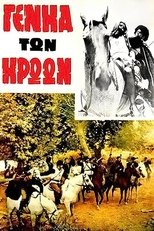
Η γενιά των ηρώων
January 1, 1969
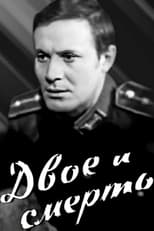
Two and Death
January 1, 1969
A wounded partisan took refuge in the mill, and the miller informed the second lieutenant of the government troops about this. Seeing the partisan, the second lieutenant recognizes him as a friend of his youth...
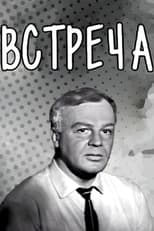
Meeting
January 1, 1969
The hero saw among his colleagues a man whom he had met during the war in the dungeons of the Gestapo. This man reported that a thief from the same cell was trying to escape. The “thief” was shot, and later it turned out that he was the leader of the underground...
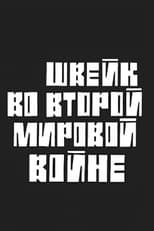
Schweik in World War II
January 1, 1969
Based on the satirical anti-war comedy of the same name by B. Brecht.

Quel giorno Dio non c'era (Il caso Defregger)
January 1, 1969
Based on a real WW2 episode. In 1944 in a small village in the Italian Appenines several inhabitants are executed in reprisal for a partisan attack on the German occupying troops. The lieutenant responsible for the execution becomes a priest and then a bishop and several years later he is put on trial for the killings.

Fato: Ya İstiklal Ya Ölüm
January 1, 1969
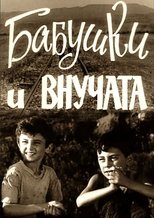
Grandmothers and Grandchildren
January 1, 1969
The Great Patriotic War is coming to an end. Six-year-old Zuriko lives with his grandmother in a small Georgian village. His mother abandoned him and his father is at the front. The boy waits for his father, but he doesn't come back from the war alone, but with a new wife, Iano. A conflict arises between the three.
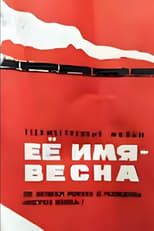
Her Name Is Spring
January 1, 1969
The film takes place in Uzbekistan during the Great Patriotic War. Pulat and Bahor love each other, but the happiness of the heroes is prevented by a rich friend of the parents of a girl who sees her as her future wife.
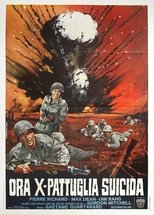
The Wings of War
January 1, 1969
When the Germans recapture a Mediterranean Island during WWII, a squad of US soldiers is left behind to destroy an important radio base.